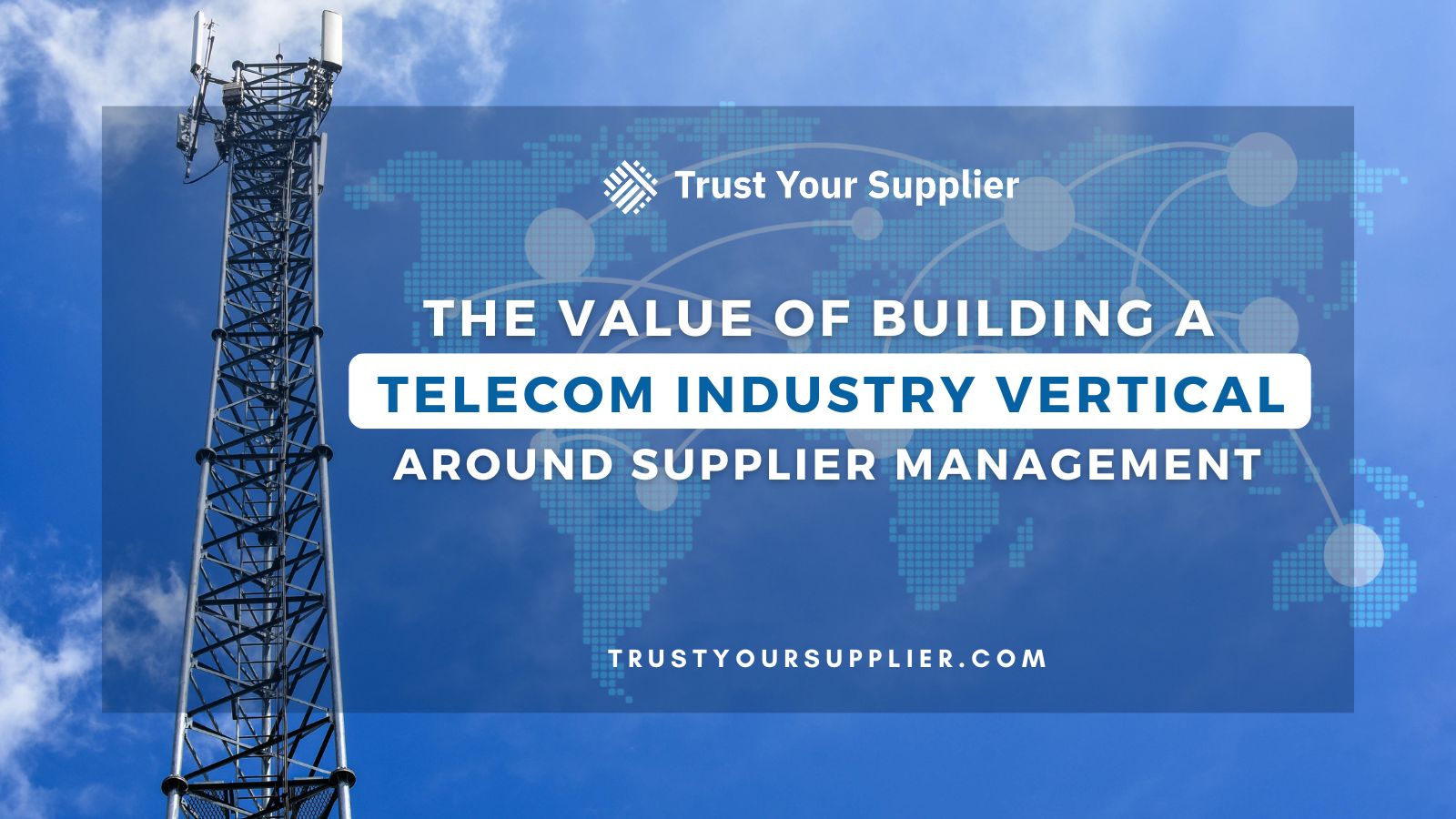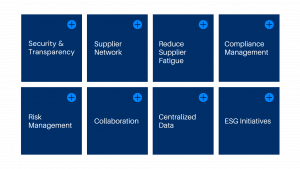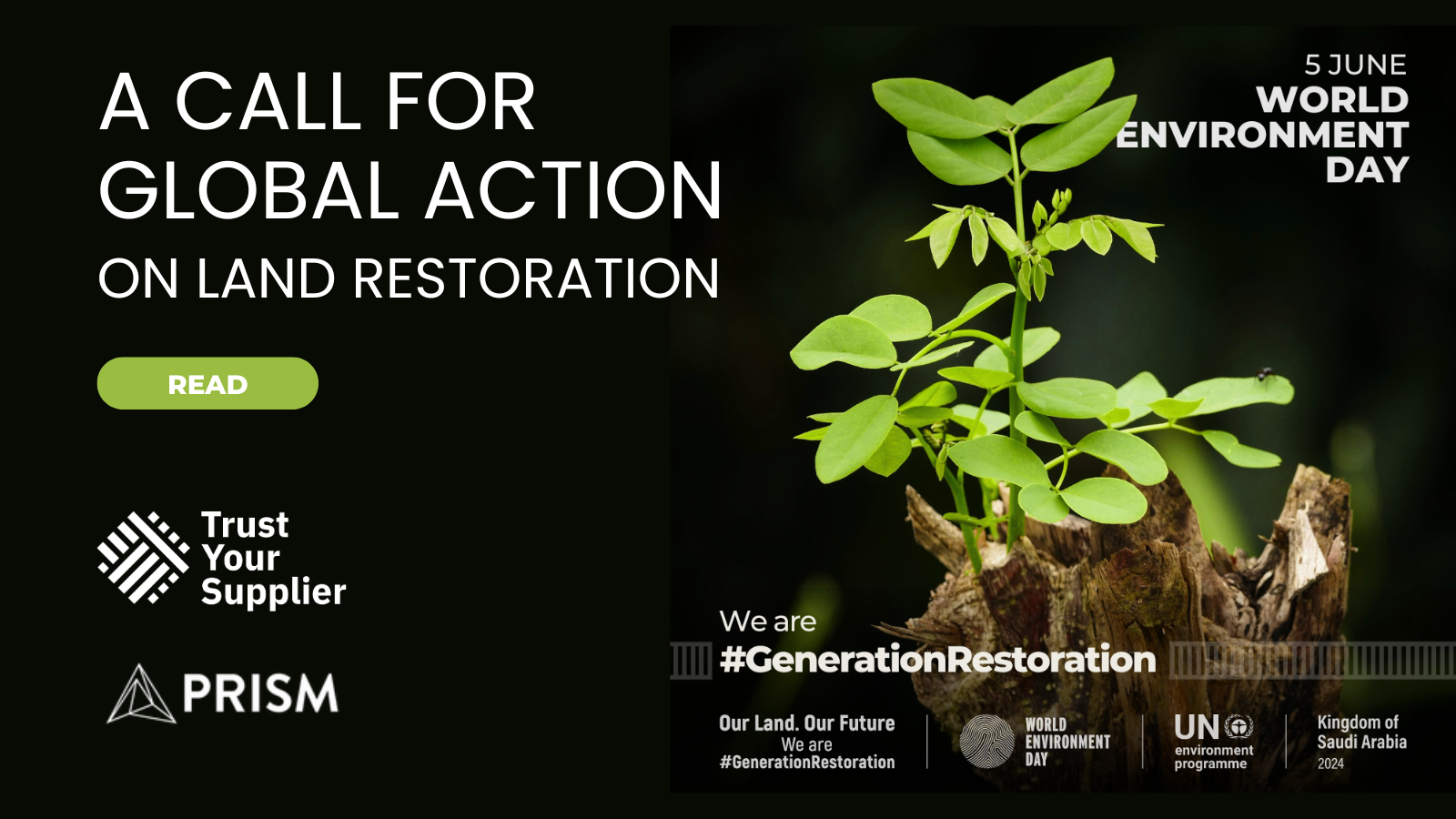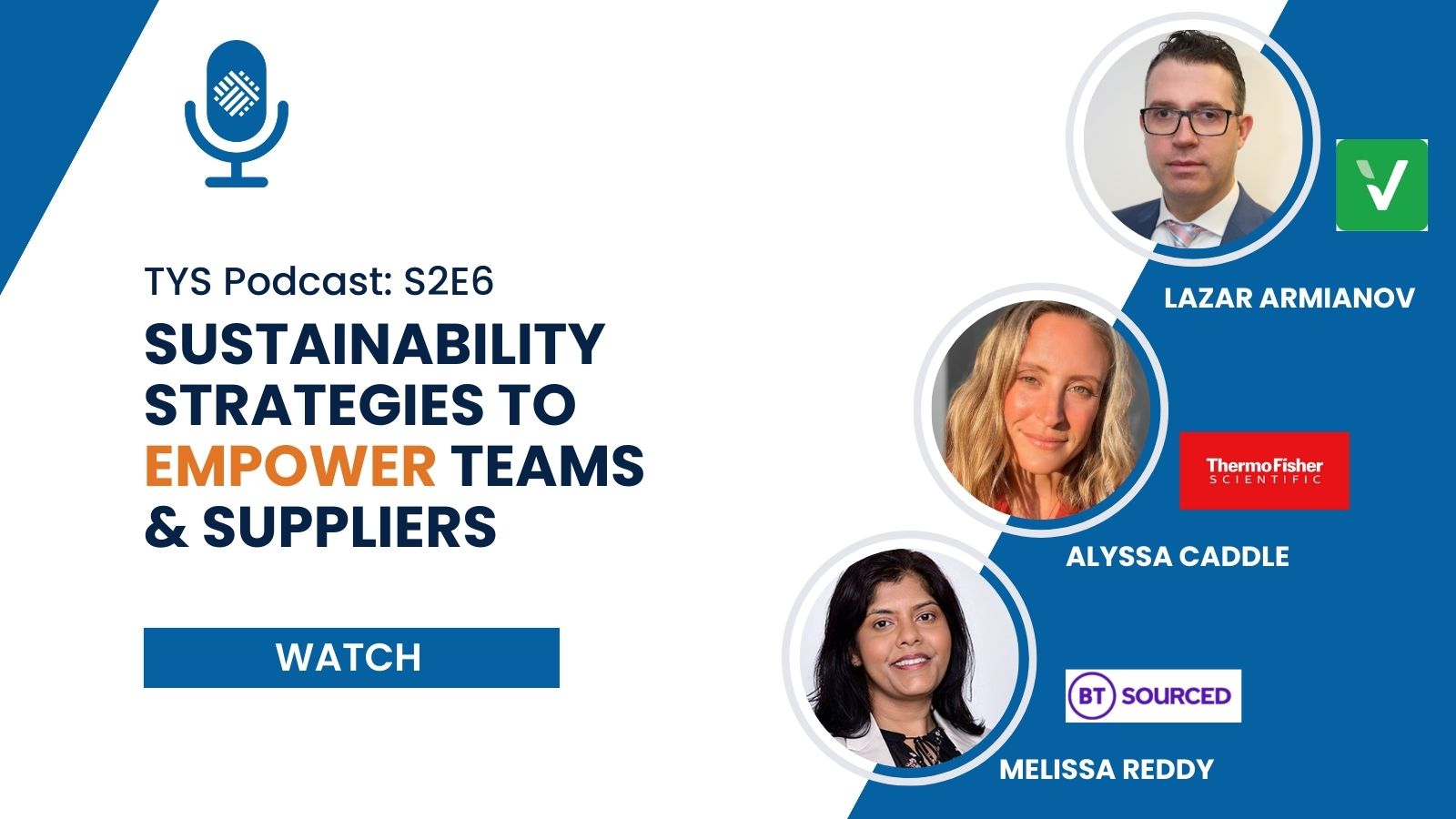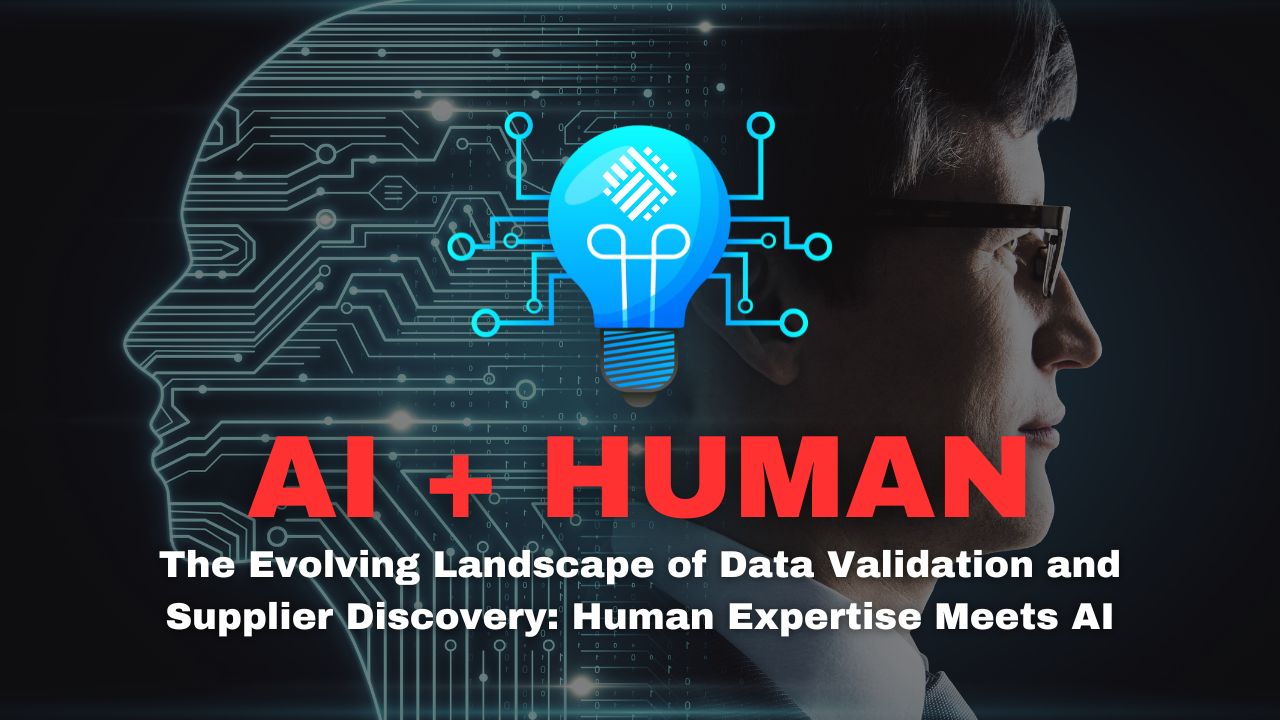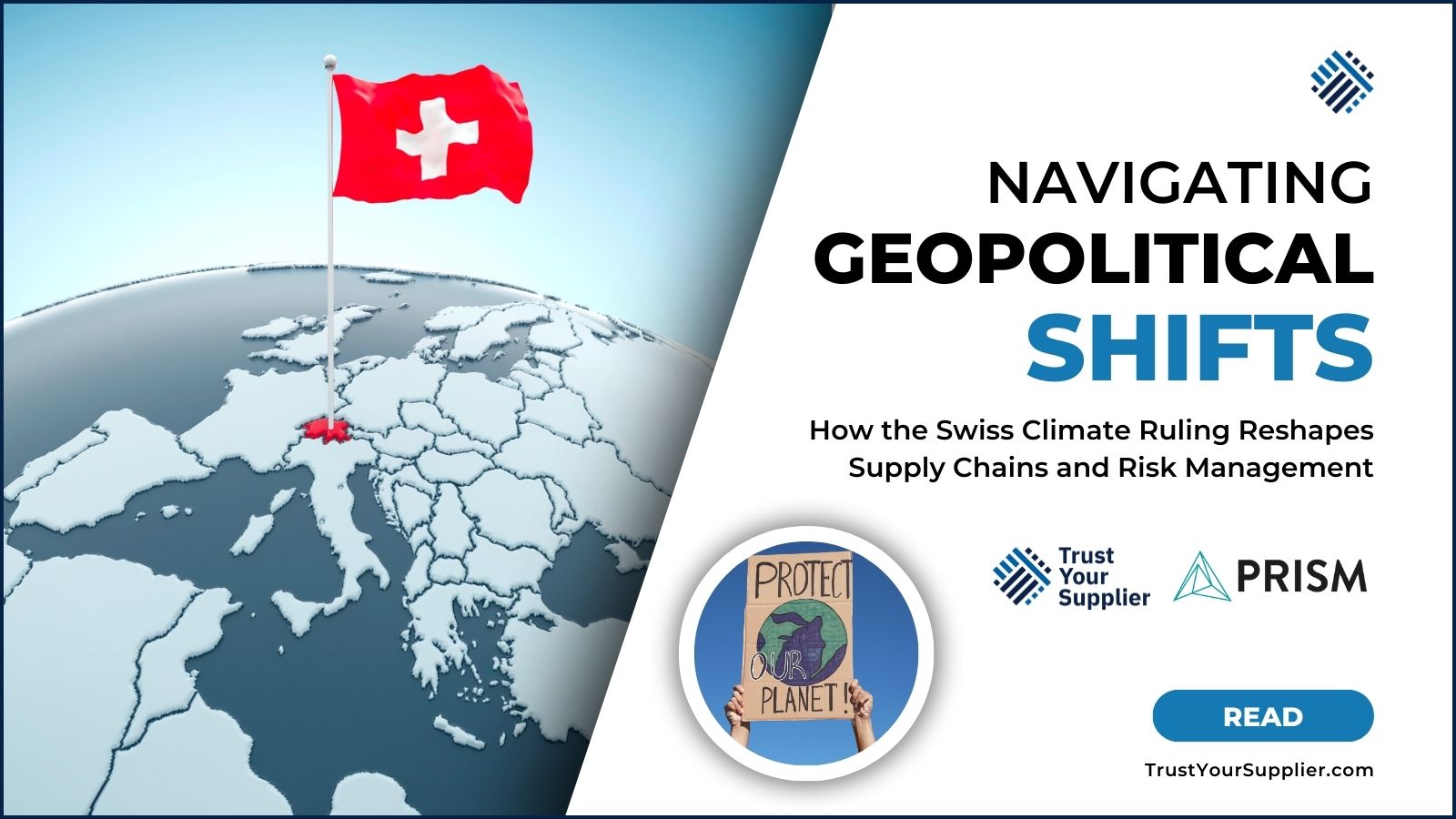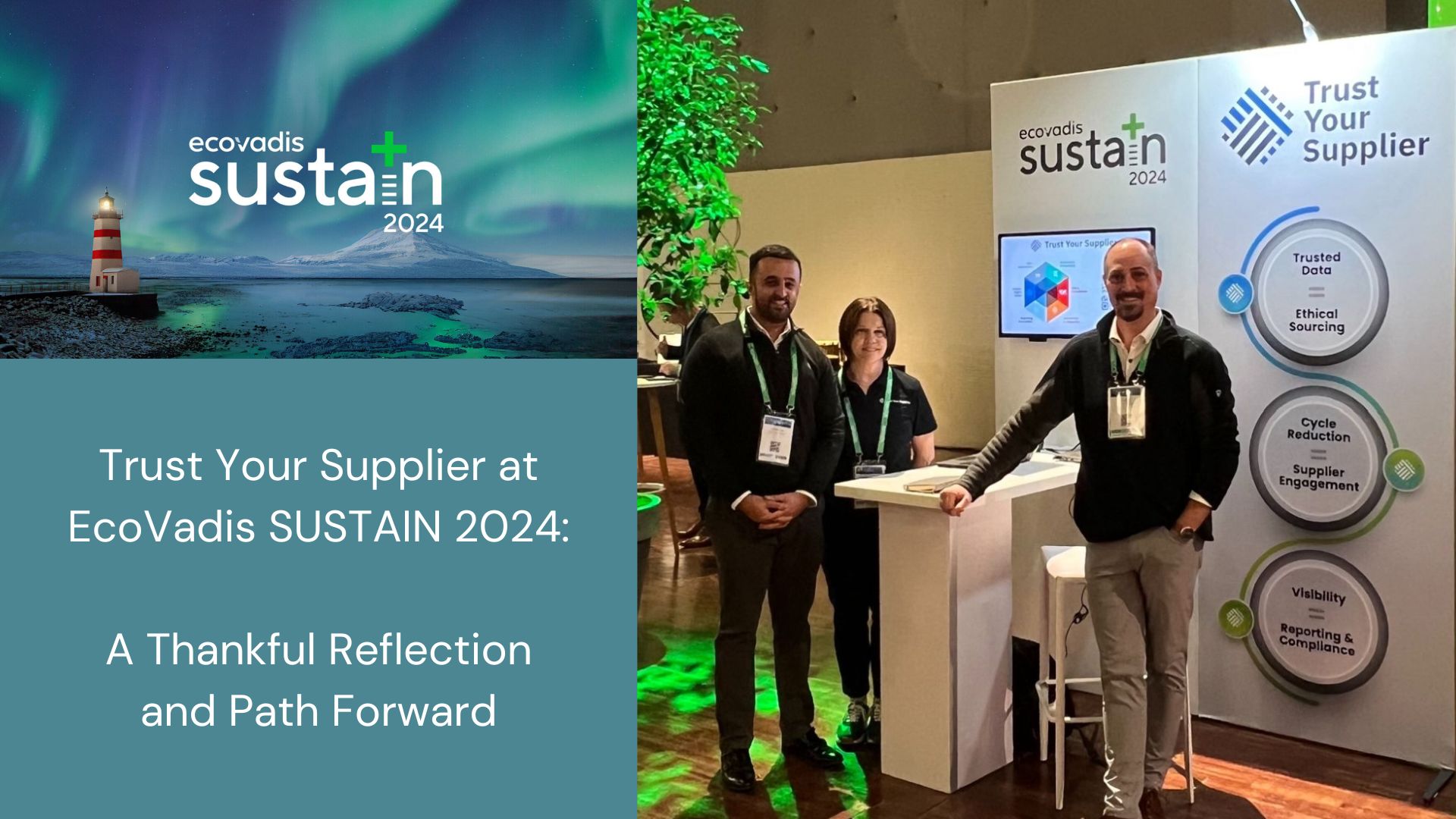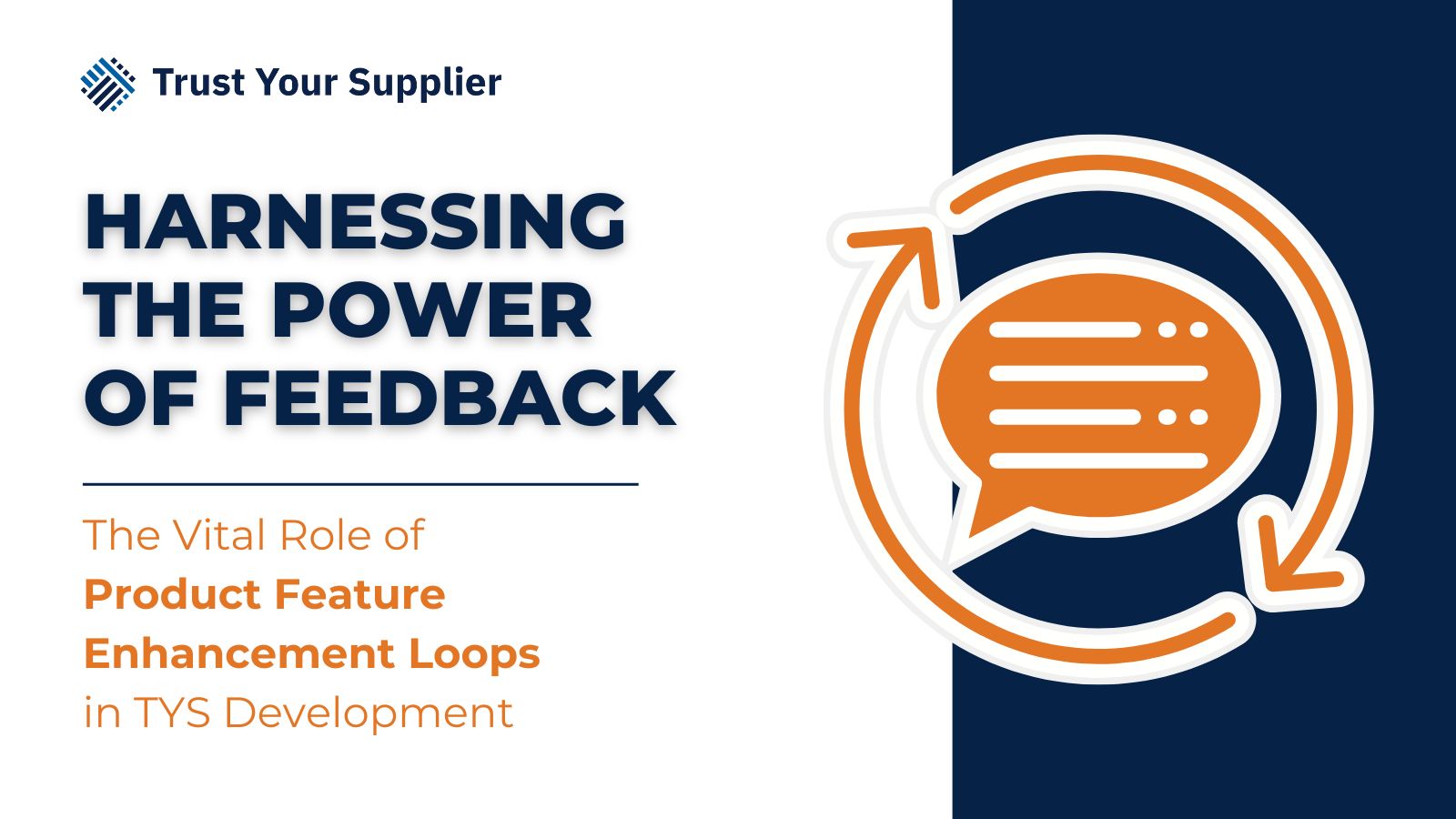by Michelle Armstrong, TYS Global VP of Value Engineering
In today’s fast-paced telecommunications industry, innovation and digital agility are key drivers of success. As companies strive to keep up with rapid technological advancements and ever-changing customer demands, a reliable and efficient supply chain becomes more critical.
 Digital agility refers to the ability of an organization to rapidly adapt to changes, implement new technologies, and respond to market demands with speed and efficiency. For telecommunications companies, this means being able to quickly roll out new services, upgrade infrastructure, and deliver exceptional customer experiences. Achieving this level of agility requires a robust and flexible supply chain that can keep pace with the industry’s dynamics.
Digital agility refers to the ability of an organization to rapidly adapt to changes, implement new technologies, and respond to market demands with speed and efficiency. For telecommunications companies, this means being able to quickly roll out new services, upgrade infrastructure, and deliver exceptional customer experiences. Achieving this level of agility requires a robust and flexible supply chain that can keep pace with the industry’s dynamics.
Several innovative solutions are emerging to help telecommunications companies enhance their supply chain management and improve digital agility. These solutions leverage advanced technologies such as blockchain, data analytics, and automation to create transparent, efficient, and resilient supply chains.
Enhanced Transparency and Trust: Advanced technology can create immutable records of supplier information, ensuring data accuracy and fostering a higher level of trust and collaboration between telecom companies and their suppliers.
Improved Supplier Verification: Telecom companies can now quickly verify the credentials and compliance of their suppliers, reducing the risk of fraud and non-compliance, and ensuring that only reputable and qualified suppliers are part of the supply chain.
Streamlined Procurement Processes: Automation tools are transforming procurement processes, from supplier onboarding to performance tracking. This saves time, reduces administrative burden, and allows telecom companies to respond more swiftly to market changes and new opportunities.
Data-Driven Decision Making: Real-time insights and analytics empower telecom companies to make more informed decisions about their supply chain. This data-driven approach helps identify potential issues before they escalate and uncover opportunities for improvement and innovation. 
Real-World Impact: Case Studies of Innovation in Action
Several leading telecommunications companies have already begun to realize the benefits of these innovative solutions. For example, a notable telecom company successfully reduced its supplier onboarding time by 50% and improved overall supply chain efficiency by 30% by implementing advanced supply chain technologies.
In an industry where innovation and digital agility are paramount, leveraging cutting-edge technologies to enhance supply chain management is crucial. Telecommunications companies that embrace these innovations can streamline their operations, foster stronger relationships with their suppliers, and stay ahead of the curve in delivering exceptional value to their customers. As the telecom landscape continues to evolve, those who adopt advanced supply chain solutions will be best positioned for success.
Learn more about digital agility and TYS’s blockchain-driven platform to better manage and engage your suppliers.



